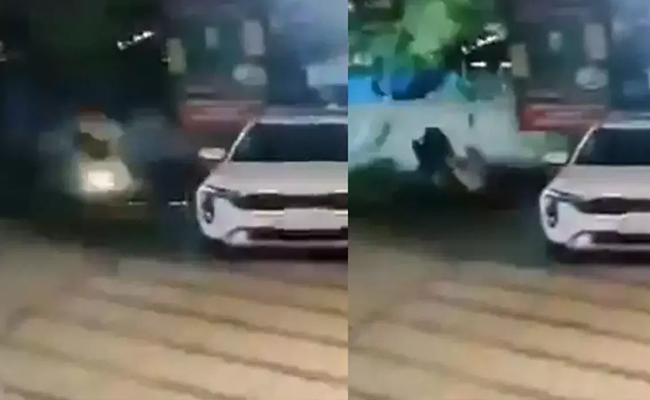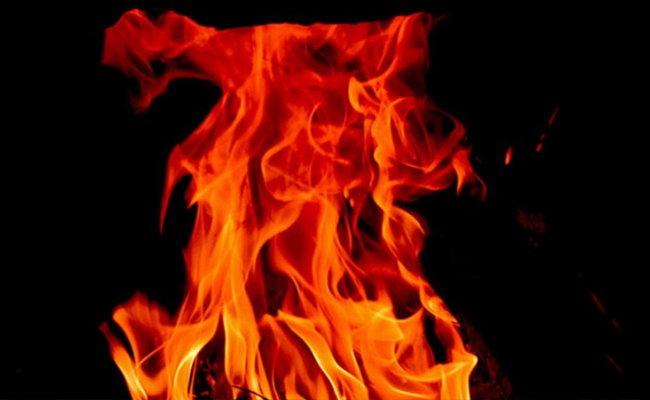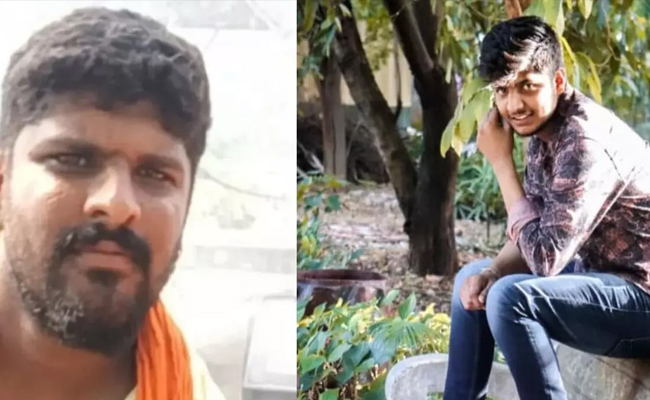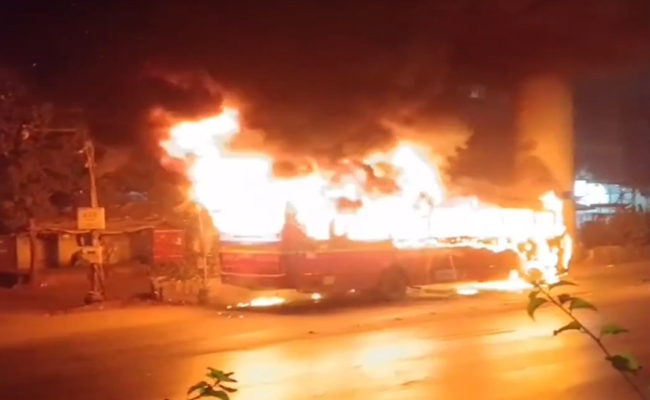New Delhi, April 23: A day after President Ram Nath Kovind approved the ordinance to introduce death penalty for child rape, child and women rights activists voiced dissatisfaction with the move, saying that the new provisions fail to highlight other issues faced by survivors.
The issues were articulated by a six member bench headed by former Delhi HC Chief Justice A.P. Shah, advocate Vrinda Grover, Anuja Gupta from RAHI Foundation, Bharti Ali of HAQ: Centre for Child Rights, Anup Surendranath of Centre on Death Penalty at a press conference at Press Club here on Monday.
"The remedy offered is based on wrong diagnosis. The enhancement of the punishment including death penalty will have disastrous consequences on children. The ordinance is reactionary, impractical in terms of the procedural changes brought in and disproportionate with regards to sentencing," Shah said.
The panel highlighted that in every nine of the ten cases, the perpetrator is known to the victim and the child is often pressurised into turning hostile.
"Such pressure will increase manifold if death penalty is imposed. Mostly there are pressures of settling the matter within the family. The death penalty diverse attention from other problems in the criminal justice system such as poor investigation, crime prevention," he added.
According to the child right activists, creating children-friendly courtrooms and having trained professionals and lawyers are equally important.
"Legislation oriented to protection of victim was expected. The way trials are conducted is really very disturbing. The children are often exposed to the perpetrators. There are no special courts, how many times will a child victim would go to courts for trials," Gupta noted.
The experts also pointed that the decision was taken out of public outrage and not understanding the dynamics of child sexual abuse.
"Child abuses have been happening since generations. The concept of justice for survivors is very different. What they are looking for is not taking the abuser to court as majority are incest. Govt has to understand what is the complex relationship between the abuser and victim and why the victims don't even come up.
"What the victims look for is acknowledgment of the abusers. The ordinance will rather stop the victims to come out and report," said Gupta.
The activists also noted that there are systematic lapses which the government should have looked out before bringing in the ordinance.
"Barely any trial related to sexual violence has been concluded within three months and there are reasons for it. There is no such POCSO court and that judge has to look after many other cases so how will the trials be concluded within certain time period? Special courts dealing with child sexual abuse doesn't exist in all parts of the country. Those measures needs to be taken first," said Grover.
Ali said: "Just having a law is not good enough. It must be backed with a financial commitment. There is no budget under any scheme for services of a support person."
Let the Truth be known. If you read VB and like VB, please be a VB Supporter and Help us deliver the Truth to one and all.
Thodupuzha (Kerala) (PTI): A 27-year-old man died after allegedly falling into an open roadside pit near Thodupuzha in Idukki district, police said on Tuesday.
The deceased was identified as Jeys Benny, a native of Muthalakkodam.
The accident occurred late Monday night when his two-wheeler plunged into the large pit dug on the side of the road as part of the construction work, they said.
Though he was rushed to a nearby hospital, his life could not be saved.
As the issue triggered heated protest, state Public Works Department (PWD) Minister Mohammed Riyas ordered a probe into the tragic incident.
He said the deputy chief engineer of the PWD has been entrusted with a probe into the incident and will take further action after receiving his report.
"Stringent measures will be taken if the negligence happened from the side of the Public Works Department," Riyas said.
In the CCTV visuals aired by TV channels, the bike could be seen plunging into the open pit.
According to local residents, the pit has been left open for over a month without adequate safety measures such as barricades or warning signs.
Following the incident, local residents staged a protest at the accident spot, alleging negligence on the part of the PWD.
Workers of the Opposition UDF also protested at the local PWD office demanding action against those responsible.




